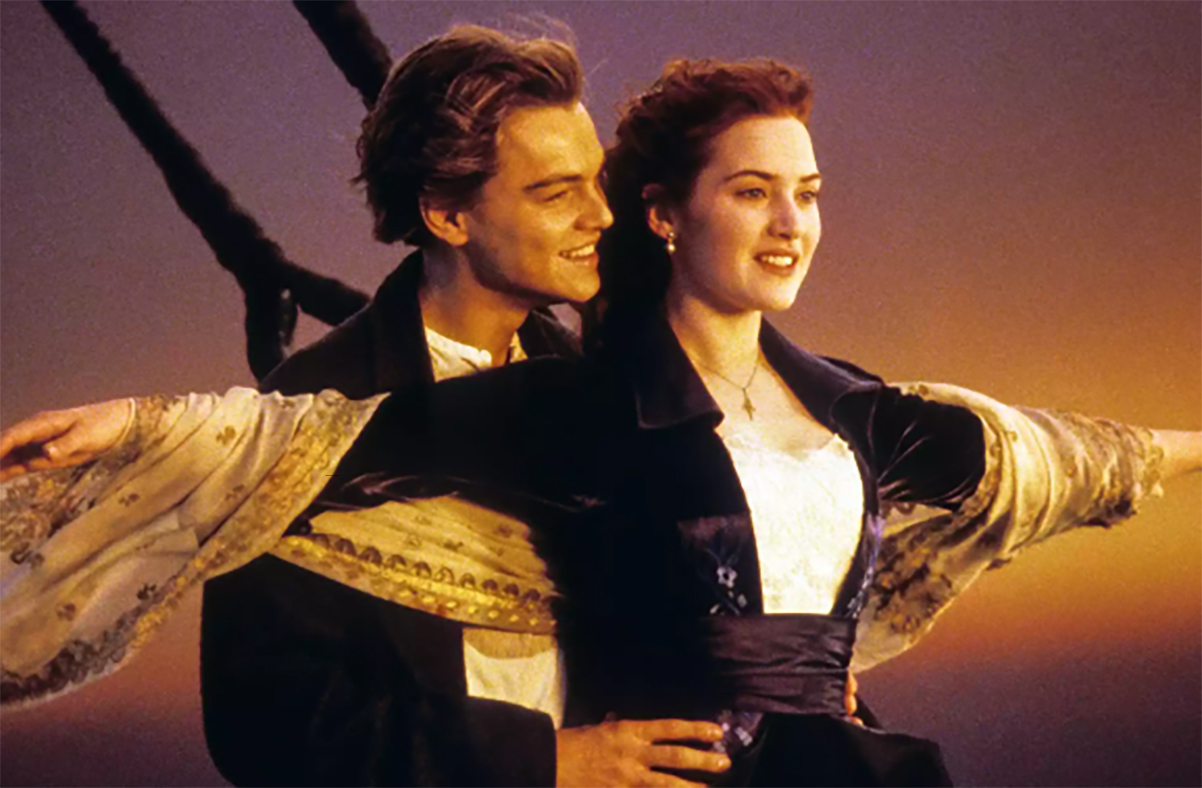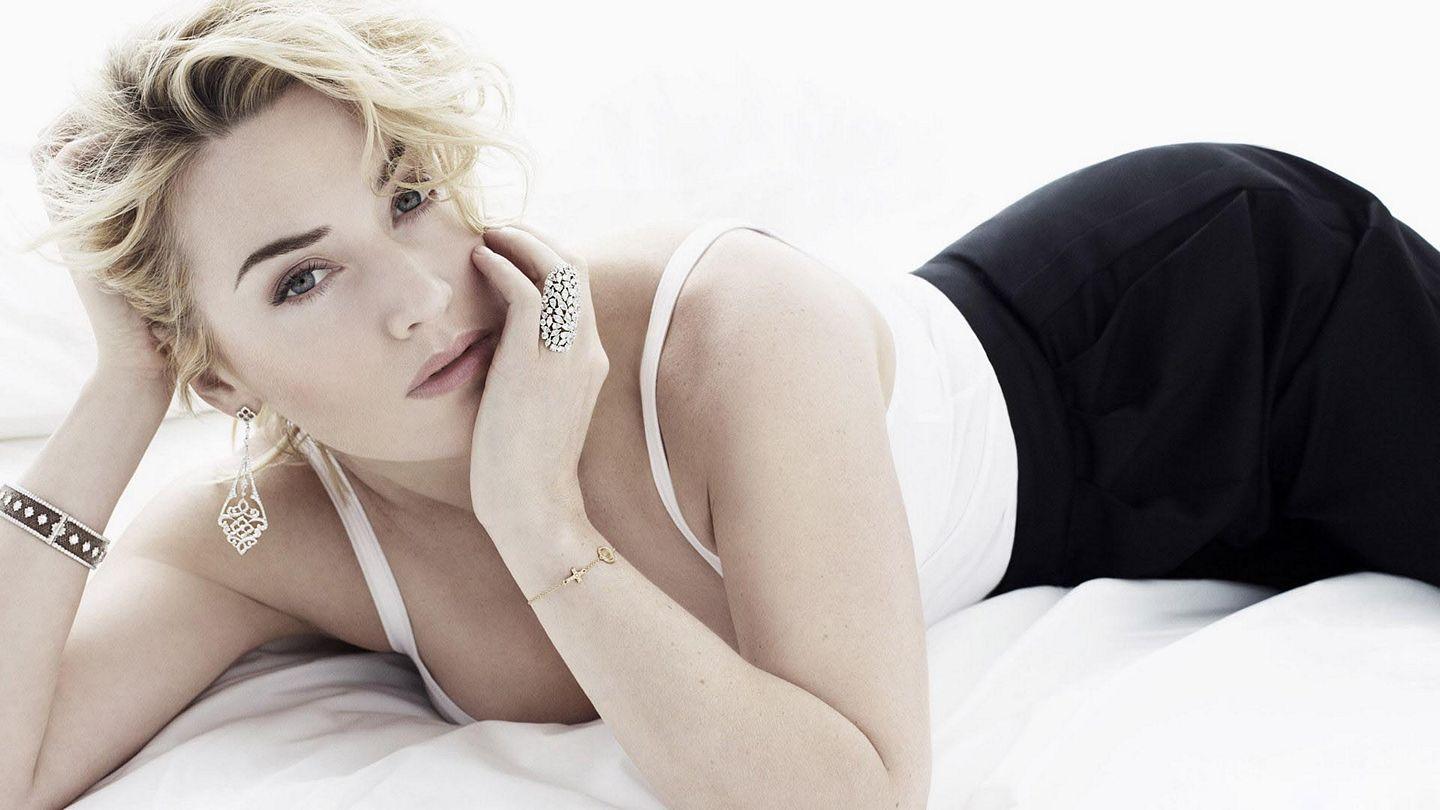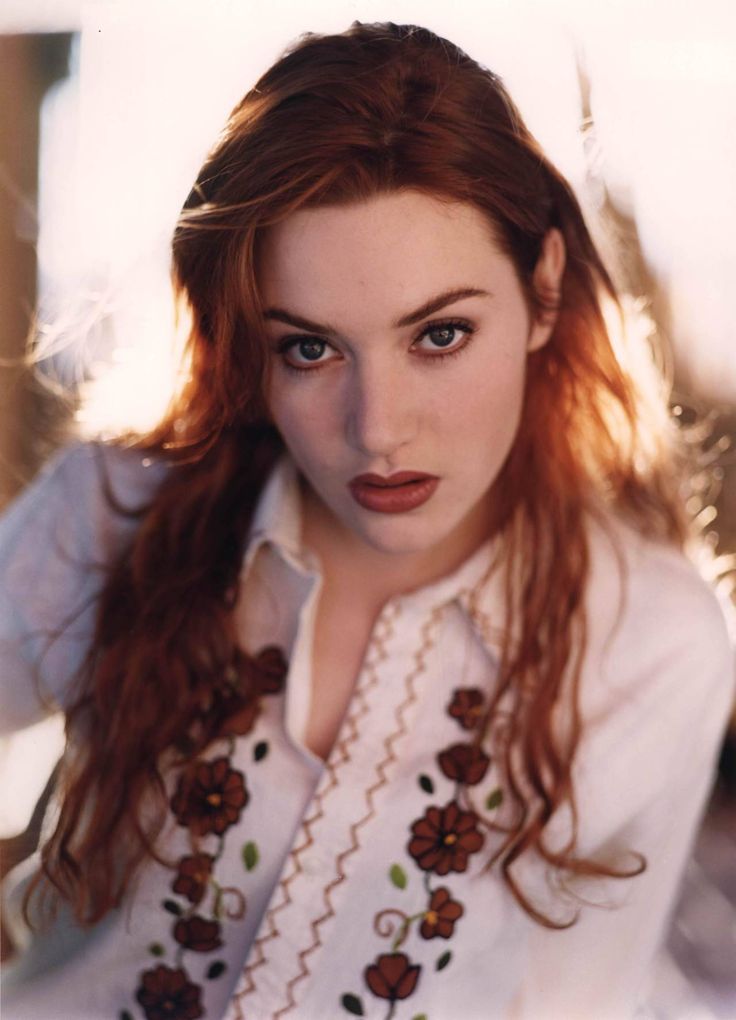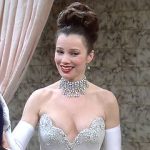In the grand history of cinema, few careers have carried both grace and gravity like that of Kate Winslet, the Reading-born actress who has become one of the defining performers of her generation. The year was 1997, and the world first saw her — cheeks flushed by the sea air, eyes filled with courage and longing — as
Rose DeWitt Bukater in James Cameron’s Titanic. In that instant, Kate Winslet was no longer just a rising British talent; she became a global symbol of resilience, emotion, and timeless beauty. But that ocean-liner epic was only the beginning of a remarkable voyage — one that would carry her from the deck of the doomed
Titanic to the pinnacle of Hollywood and beyond.
Born on October 5, 1975, in Reading, Berkshire, Kate Elizabeth Winslet grew up in a family of actors — though not the glamorous kind. Her parents, Roger and Sally Winslet, worked steadily in repertory theatre, while money was often tight. Kate’s childhood was modest, filled with dreams of the stage and the smell of greasepaint. She began acting lessons at age 11 and attended the Redroofs Theatre School in Maidenhead, where her natural talent shone through early.
Her first break came at just 17, when she landed the role of Juliet Hulme in Peter Jackson’s Heavenly Creatures (1994), a hauntingly beautiful film based on a true story. The performance stunned critics — Kate’s ability to portray both innocence and obsession marked her as a rare talent. Two years later, she dazzled again in Ang Lee’s
Sense and Sensibility (1995), playing Marianne Dashwood with charm, wit, and unguarded passion. The performance earned her an Oscar nomination for Best Supporting Actress, making her, at 20, one of the youngest nominees in history.

Then came Titanic.
At just 21, Winslet took on a role that would define a generation. As Rose, the spirited young woman trapped in the gilded cage of Edwardian society, she embodied both strength and vulnerability. Starring opposite Leonardo DiCaprio, she captured the hearts of millions. The film became a global phenomenon — winning 11 Academy Awards and grossing over $2 billion worldwide. Overnight, Winslet went from a respected actress to a household name. But fame, as she later admitted, was both exhilarating and suffocating.
Rather than chasing blockbusters, Winslet made a daring choice: she turned away from Hollywood spectacle and pursued complex, intimate roles that explored human emotion. Her filmography through the 2000s reads like a masterclass in versatility —
Quills (2000), Iris (2001), Eternal Sunshine of the Spotless Mind (2004), Little Children (2006), and Revolutionary Road (2008).

Each role pushed her deeper into the craft. In Eternal Sunshine, she reinvented herself as Clementine, a mercurial woman trying to erase the memories of a failed relationship — a role that earned her critical acclaim and showcased her wit and modern edge. In
Revolutionary Road, she reunited with DiCaprio, this time playing a restless 1950s housewife trapped in suburban despair. The film was raw, painful, and mesmerizing — and it reminded the world that Winslet was far more than the romantic ingénue of
Titanic.
In 2009, her years of courage and craft culminated in an Oscar win for Best Actress for The Reader, where she portrayed a woman entangled in moral and historical guilt. The film, set in post-war Germany, revealed the emotional depths Winslet could reach — at once fragile and formidable. It was her sixth nomination, and the win felt like a coronation.
But even at the height of her success, Winslet never stopped challenging herself. She took on television — an arena many film stars avoided at the time — and transformed it. In
Mildred Pierce (2011), she played the titular 1930s housewife-turned-restaurateur, earning her an Emmy Award for her performance. A decade later, she did it again in Mare of Easttown (2021), portraying a weary Pennsylvania detective whose personal losses weigh as heavily as her unsolved cases. Her performance — raw, real, and utterly without vanity — earned her a second
Emmy and widespread praise as one of the finest actors of her generation.
And then there were her collaborations with some of cinema’s most daring directors and visionary storytellers. In
Steve Jobs (2015), she played Joanna Hoffman, the sharp, steady voice beside Apple’s tempestuous founder — a performance that earned her yet another Oscar nomination. She also joined the worlds of
Avatar: The Way of Water (2022), reuniting with James Cameron decades after Titanic, this time as Ronal, a fierce underwater matriarch.

Winslet’s power lies not only in her performances but in her authenticity. She has long spoken openly about body image, the pressures of fame, and the importance of embracing imperfection in an industry obsessed with youth and appearance. “I don’t want to erase the lines on my face,” she once said. “They tell my story.” Her confidence and refusal to conform have made her a role model for actors — and especially for women — around the world.
Off-screen, Winslet is devoted to her family. She is the mother of three children — Mia, Joe, and Bear — and often speaks about balancing motherhood with her demanding career. She guards her private life fiercely, preferring quiet moments by the sea in England over red-carpet spectacle. Yet, despite her humility, she remains one of the most admired and decorated actresses alive, with an
Oscar, two Emmys, five Golden Globes, and a Grammy Award among her honors.

Today, more than two decades after she first stood on the bow of the
Titanic with arms outstretched, Kate Winslet remains as commanding and compelling as ever. From her early triumphs in period dramas to her gritty portrayals of modern women, she continues to choose roles that defy expectation and celebrate complexity.
Looking back at that photo from 1997 — the young actress standing on the brink of cinematic immortality — it’s clear that her journey has been one of evolution, courage, and heart. She has never chased trends or titles, only truth. And in doing so, she has become something rarer than a movie star — a storyteller whose art captures what it means to be human.

Kate Winslet’s path runs from Titanic’s vast ocean to the intimate corners of guilt, grief, and grace — from Hollywood’s highest glamour to the raw honesty of television drama — and even into the visionary world of Steve Jobs. A life lived fully, a career shaped by daring choices, and a legacy built not on spectacle, but on soul.
She isn’t just an actress — she’s the beating heart of every story she’s ever told.


